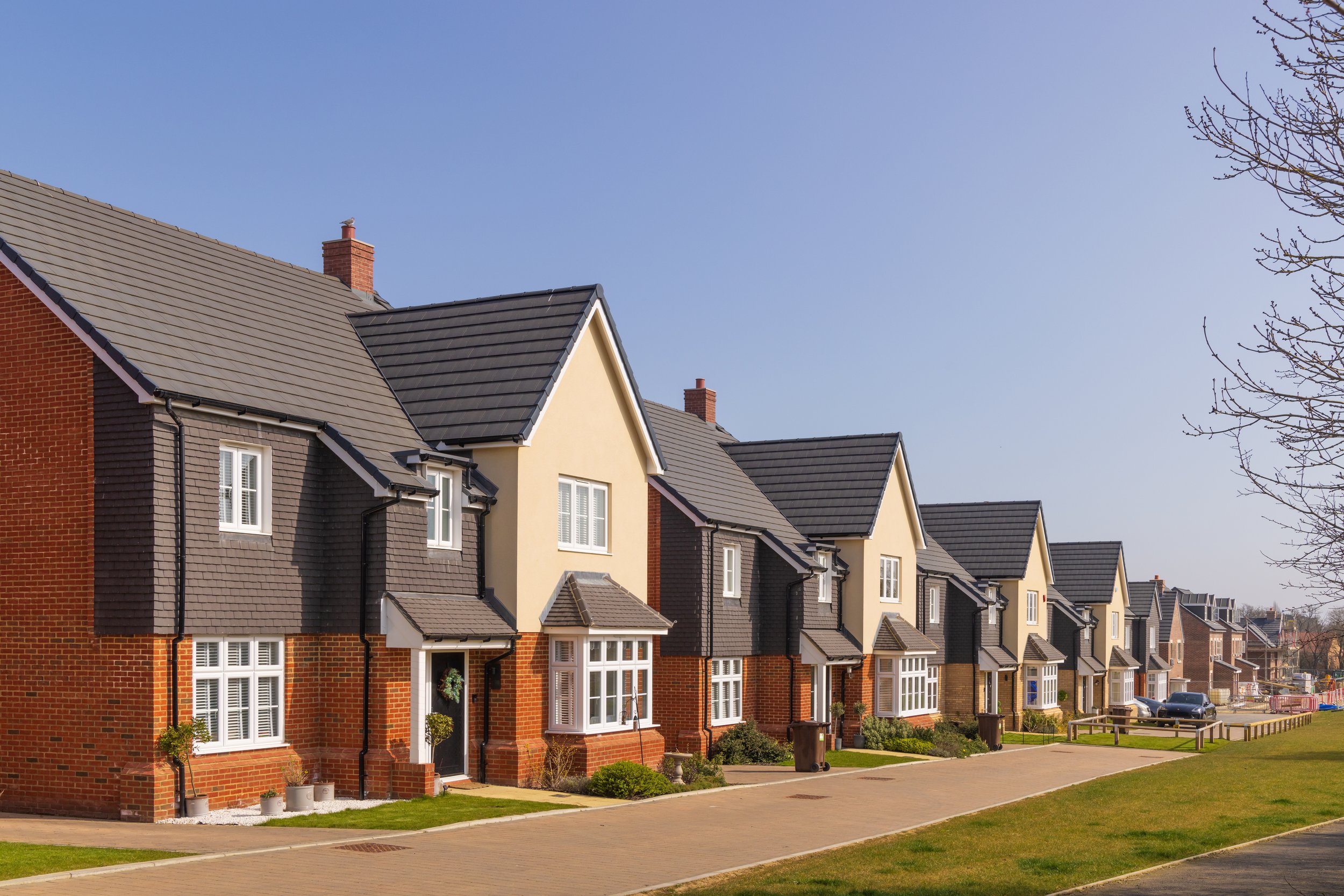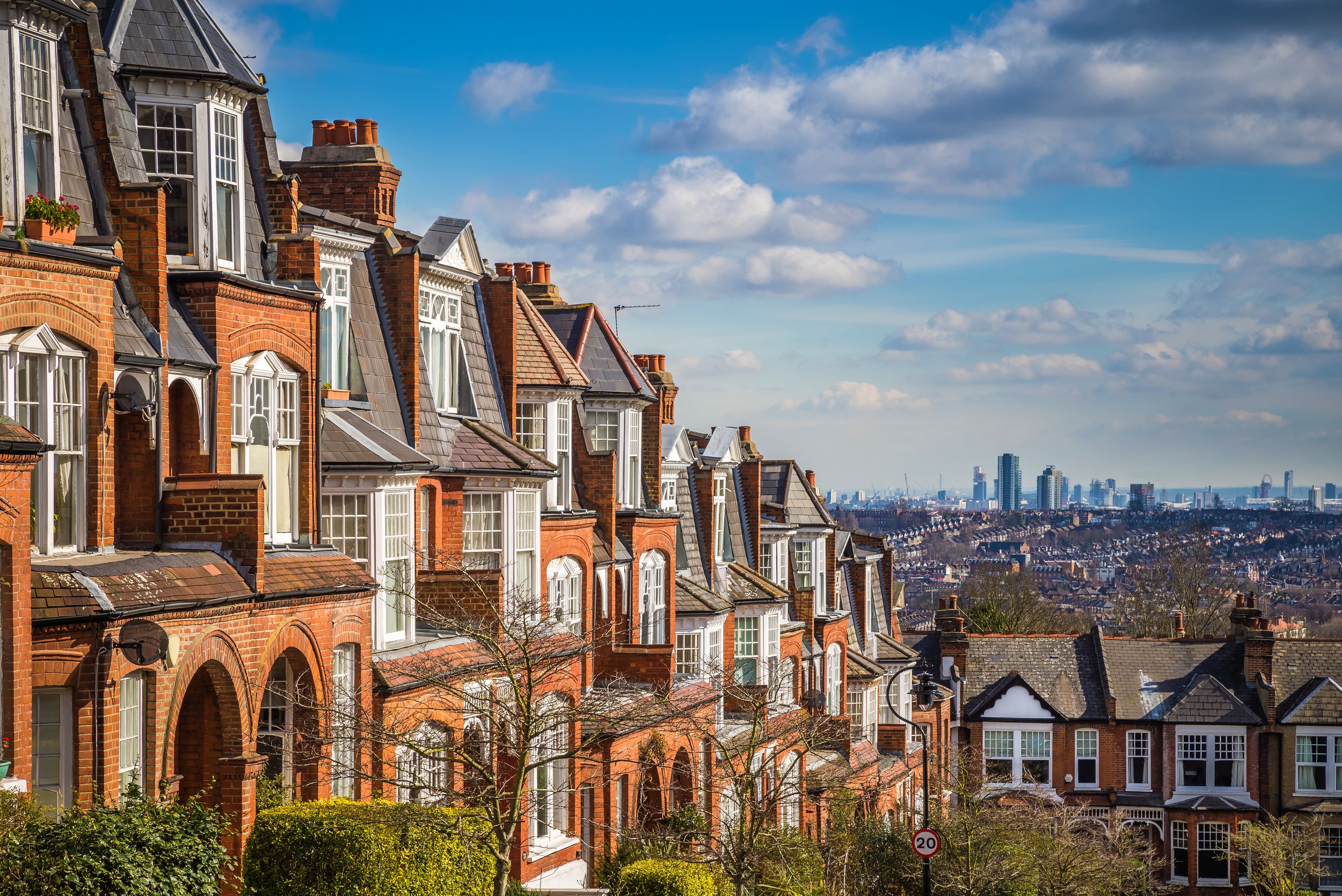Built to last or should we look towards the past? Exploring the durability of new-build homes
/It’s no secret the reputation of new-build housing is becoming increasingly negative among UK residents. In fact, a 2023 study by the CIOB found that almost a third of people would describe new builds as ‘poor-quality’, with over half of the respondents believing that older homes are of better quality.
What exactly are the reasons behind this belief? In this article, the Copper Sustainability Partnership (CuSP) explores how the materials used in new builds compare to those of the Victorian era, and the impact of today’s homes on their residents and the environment.
Modern homes have both obvious similarities and stark differences to those of the 19th century. In the Victorian era, houses were built using local materials, due to the ease of transportation. Following the abolishment of the tax on glass and bricks in the 1850s, brick, timber and glass became standard materials in most homes.
In the 21st century, housebuilders are using more plastics in nearly every part of construction, from flooring to insulation, and fittings for applications like pipes, seals, windows, doors and cables, due to the low cost of the material.
Until relatively recently, copper was the material of choice for transporting water and heat. Plastic pipes have unfortunately become more commonplace, despite growing evidence highlighting its adverse health and environmental effects.
Increasing quality concerns around new build houses also bring into question the durability of the materials used, with common issues including cracks and leaky pipes. It’s no surprise residents are moving house more often, to avoid costly maintenance works.
Meanwhile, Victorian properties are more durable, with over a quarter of the British population living in them. Thanks to the traditional building techniques that prioritised quality materials like hand-crafted bricks and copper pipes, these homes have stood the test of time.
With plastics in all areas of the modern home, this unfortunately impacts on the longevity of today’s stock. Not only do plastics deteriorate more quickly than traditional materials, but they have associated fire and health risks, posing a serious threat to human health.
While modern homes excel in incorporating new technologies, appliances and building quality and environmental standards, there remain lessons to be learnt from the past. The average new build home has a lifespan of just 40-60 years, whereas Victorian properties incorporating natural materials have proven to hold for more than 100 years with some TLC. Among the most resilient materials are copper pipes and plated wiring, natural stone, all-wood floors and steel.
One lesson we can take from the past even predates the Victorians – copper has been used to transport water for over 4,000 years. Unlike plastic, it is fire resistant and infinitely recyclable, rendering it a superior and long-lasting material.
For more information on the sustainability credentials of copper, visit: https://www.cuspuk.com/.












